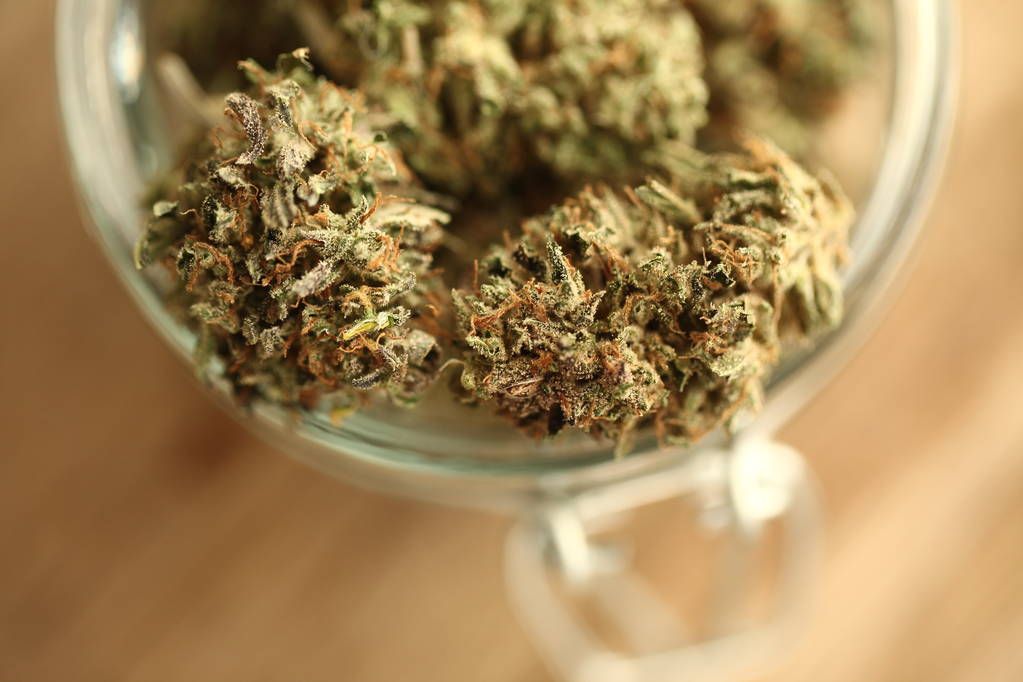Regulators in New York are weighing a recommendation to temporarily limit the number of marijuana retail licenses to 1,600.

The suggestion comes from the Cannabis Advisory Board (CAB), which voted Friday to send the nonbinding proposal to the state Cannabis Control Board (CCB), according to a report originally published by MJBizDaily.
CAB Chair Joseph Belluck emphasized that the proposed limit is not a permanent cap but rather a strategy to stabilize the market during its early growth phases. The CCB would need to formally approve the measure for it to take effect.
Belluck clarified that the limit aims to prevent market oversaturation and support social equity operators in a state where the legal marijuana market is nearing $1 billion in annual sales but continues to face challenges, including competition from the illicit market and a slow rollout. He described the measure as a way to ensure sustainable growth while protecting businesses that have already opened or are planning to launch.
“It’s not a license cap,” Belluck said. “It’s a recommendation about how many licenses should be approved right now. We don’t want to be in a position where revenues are declining because so many stores are opening.”
The CAB’s recommendation estimates that New York could eventually support up to 2,000 retail marijuana stores. Data cited during a recent CCB meeting highlighted the need for careful market management, with California’s struggles providing a cautionary example. Despite its larger population, California has just over 1,200 licensed marijuana retailers, many of which are facing financial difficulties.
Social equity considerations are a key motivator behind the recommendation. Belluck noted that the state’s 2021 marijuana legalization law prioritized social equity applicants, many of whom are already struggling under the weight of high costs and limited resources. He stressed that the proposed limit would help these operators succeed in a competitive market.
The CAB’s proposal also raises questions for thousands of license applicants who had assumed no limit would be imposed. Critics argue that such restrictions can create artificial scarcity, but Belluck believes some level of oversight is necessary to balance market priorities and legislative goals.
The CCB will discuss the recommendation in the coming months, with no immediate decision expected. Meanwhile, a separate court ruling has temporarily halted the issuance of new cannabis licenses in the state, adding another layer of uncertainty to the situation.






